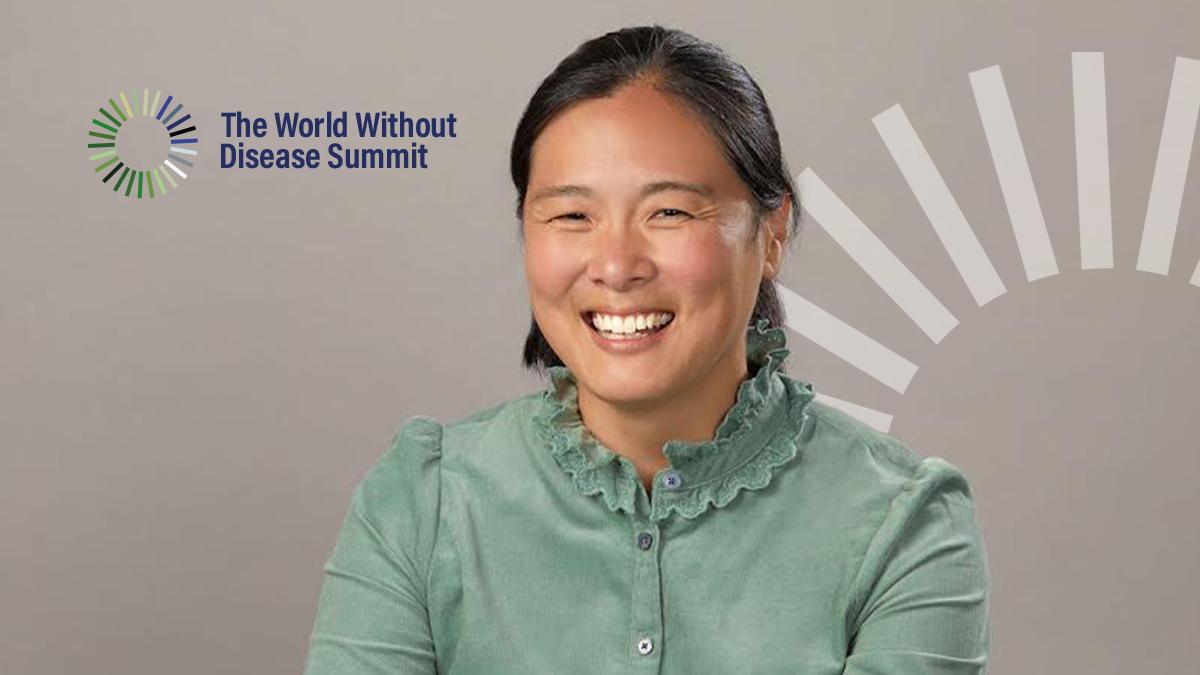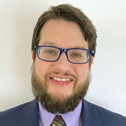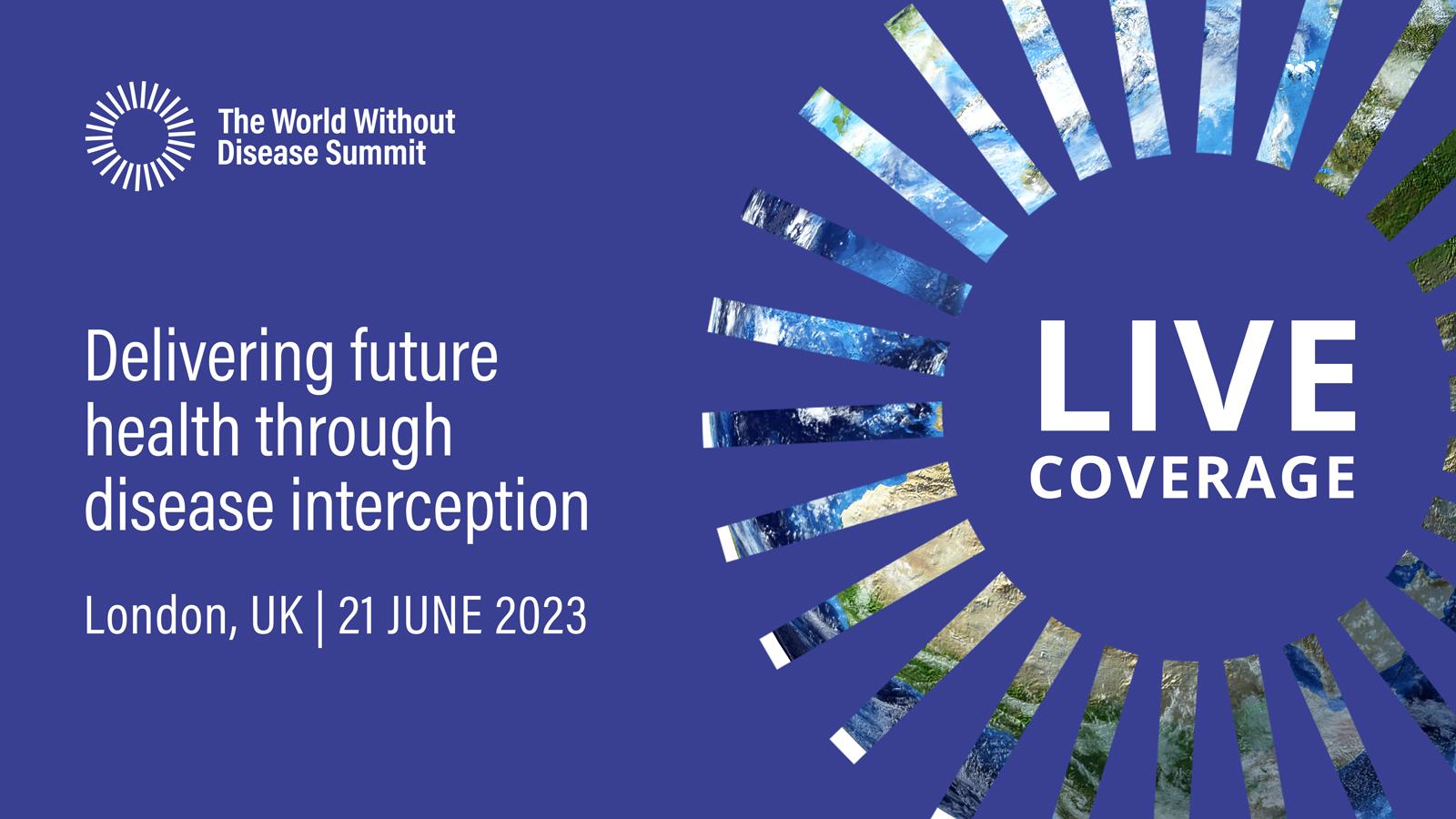Real-world data, patient engagement pillars of WWD vision

At the upcoming World Without Disease Summit in London, many speakers will focus on specific treatments, therapies, and programmes that exemplify disease screening, prevention, and interception. But the event aims to put equal emphasis on the necessary enabling infrastructure to achieve a World Without Disease.
Evidation CEO Christine Lemke will bring a little bit of both, presenting on the company’s Flu Smart use case, but also drawing the connection between the World Without Disease and real-world data and evidence.
“If we look back to Evidation’s mission, to measure and improve and understand health in everyday life, we do think that that mission lends itself to a vision of a world without disease,” Lemke told pharmaphorum. “Because, theoretically, if you've got all this data really understanding the patterns of your daily life and the changes that happen, you'll be able to predict the onset and progression of disease much earlier and hopefully do something about it much earlier.”
Evidation has used its tools to help many researchers collect real-world data from a large network of patients. While the data layer is important, the company also places an emphasis on user experience.
“Evidation is really focused on creating a case that engagement really matters; knowing how to do this over the long-term really matters,” Lemke said. “And that's a lot of where Evidation has focused of late. How do we keep people engaged in these studies and observations for years, right? Years [in which] you have to fill out PROs. Years [where] you might have to go give samples. Years [during which] you might have to wear a device. How do we think about that and do it? So, we'll be presenting some case studies on that too.”
The FluSmart use case will show off Evidation’s engagement bent, as well as its potential in disease interception.
“We’re detecting these symptoms of influenza-like illness and then we’re able, because we have a closed loop, to follow up with people and get more specific information from them to diagnose them more effectively and guide them to the right care,” she explained.
Lemke is interested in learning at the Summit, she said, about people’s ideas for making the World Without Disease a reality.
“I want to understand the business model better because none of this happens without a business model,” she said. “None of it happens without somebody saying it's a good idea and then paying for it. And, in the US, I think that's really difficult.”
In addition to economic consideration, the healthcare industry has to shift its culture around prevention. As much as it’s in vogue to talk about screening and prevention, healthcare practitioners have historically taken a dim view of the so-called “worried well”.
“The worried well shouldn't necessarily be a dirty word anymore,” Lemke said. “I think, maybe, we could change it to the aware well, but I think people understanding what's happening in their bodies and how it affects their activities of daily living is only a good thing.”
You can hear Lemke’s presentation on Evidation and FluSmart towards the end of the day on 21st June at the Royal Society of Medicine in London. It’s not too late to register for the event.














